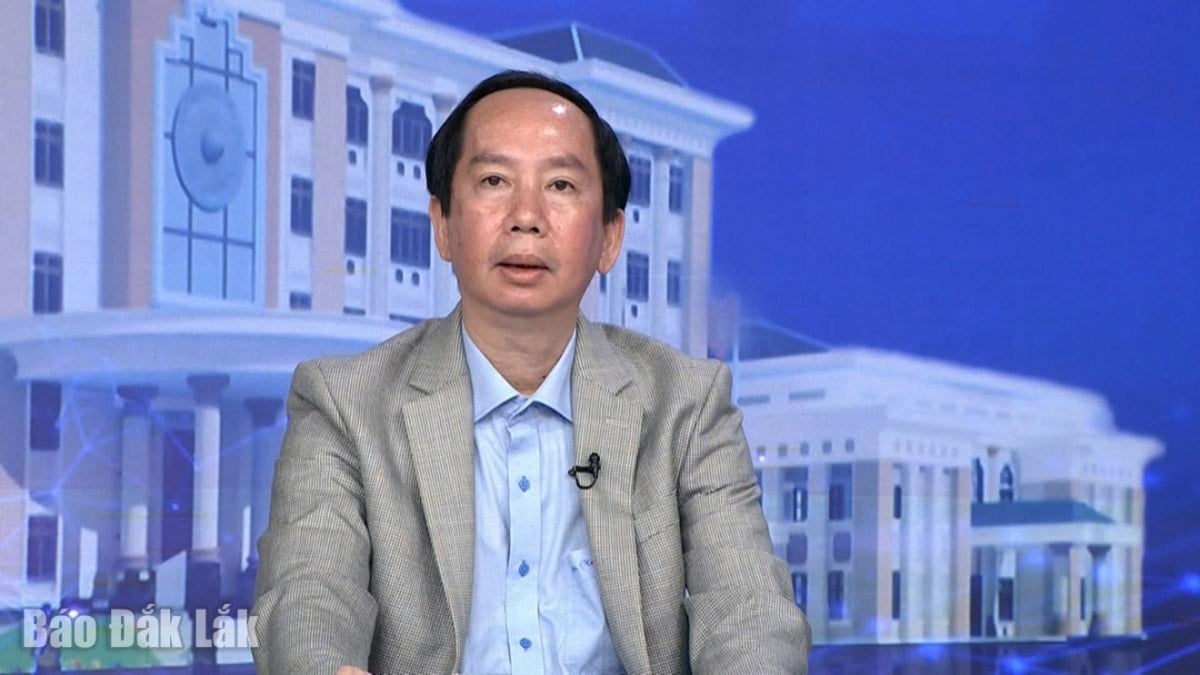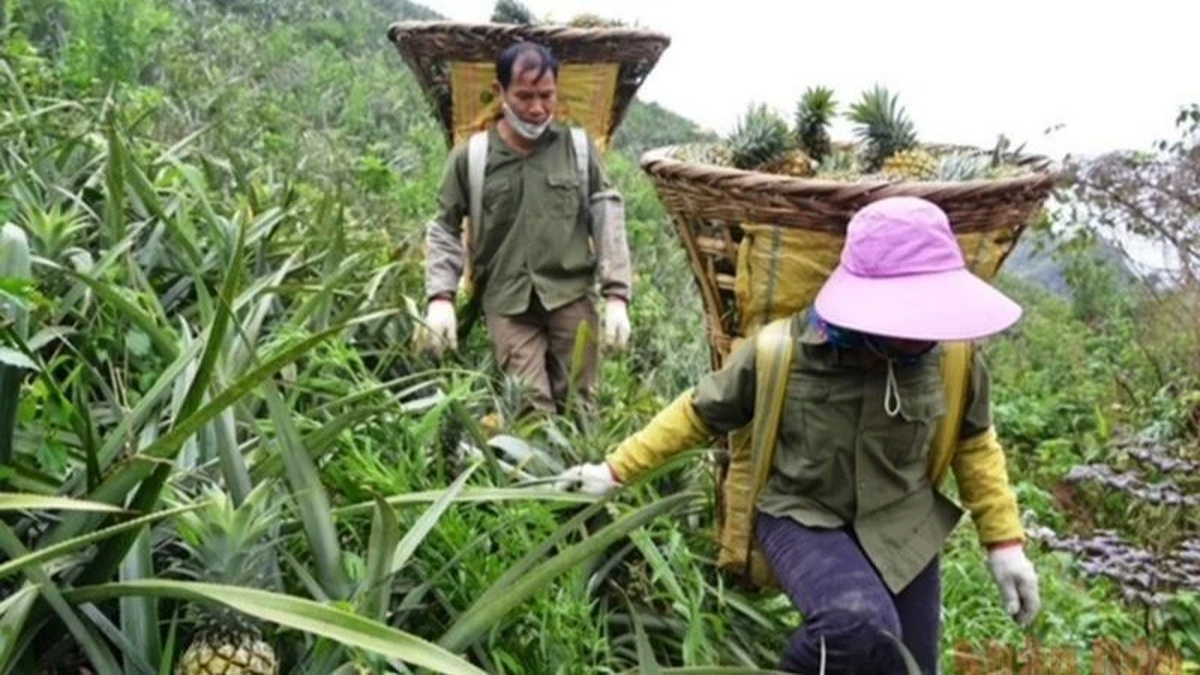This morning, May 23, continuing the program of the 7th session of the 15th National Assembly, the National Assembly discussed in groups the additional assessment of the results of the implementation of the socio -economic development plan and the state budget in 2023; the implementation of the socio-economic development plan and the state budget in the first months of 2024.
Speaking at the discussion session, delegate Ha Sy Dong, member of the National Assembly's Finance and Budget Committee and Permanent Vice Chairman of the Quang Tri Provincial People's Committee, commented: According to the Government's report, the assessment results are quite clear on the issue of economic recovery in terms of growth and growth policy, but the difficulties and challenges are somewhat vague and not comprehensive.
The Government should highlight the issues that have emerged between the two sessions, emphasizing the issues that require the National Assembly to make decisions at this session. From the above perspective, delegates agreed with many issues raised by the Economic Committee in the verification report, especially issues that need to be assessed more carefully, such as the quality of growth, as the Government's report highlighted, GDP growth in the first quarter of 2024 reached 5.66%, the highest in the 2020-2023 period.

Quang Tri Province National Assembly Delegate Ha Sy Dong speaks at the group discussion session - Photo: NL
Delegates said that this was a great effort in the context of the economy facing many difficulties, but suggested that the National Assembly look at some other data such as: the first 4 months of the year recorded 86.4 thousand enterprises withdrawing from the market, an average of 21.6 thousand enterprises withdrawing from the market per month.
This is the first time in the past 5 years that the number of businesses entering and re-entering the market in the first 4 months of the year has been lower than the number of businesses leaving the market; weak consumption of goods is due to slow growth in disposable income in the context of rising inflationary pressure... these things show that businesses and people still face many difficulties, which need to be looked at more thoroughly.
The delegate also raised the issue of the dancing gold price and the instability of the gold market from international to domestic, which has actually caused negative and unexpected impacts on the foreign exchange market and the USD/VND exchange rate.
World and domestic gold prices have increased sharply since the beginning of 2024, reaching an all-time high, when demand increased sharply mainly due to geopolitical risks and possibly partly due to speculative activities amid the chaos.
Currently, the world gold price is over 2,400 USD/ounce, equivalent to an increase of more than 20% compared to the beginning of the year. Accordingly, the domestic price of SJC gold bars is about 91 million VND/tael, equivalent to an increase of 24% compared to the beginning of the year.
In the past 2 years, the domestic gold price has always been 15 to 20 million VND/tael higher than the converted international gold price. This has made the domestic gold market more sensitive, stimulating speculation and smuggling, strongly affecting the free exchange rate and indirectly putting pressure on the official exchange rate.
Delegates wondered about who and where the sudden increase in demand for gold in the country came from? And they thought it was not from the majority of ordinary people due to the simple reason that this is an alternative investment channel to the channel of saving money in banks with no longer attractive interest rates? Is this mainly due to a group of interests with illegal acts such as asset dissipation, speculation causing market disorder?
Through monitoring information and reading the Government's reports, the answer to this question has not been found. At the same time, the delegate suggested that credit growth should be viewed more realistically. In the recent period, bank credit growth has been weak (by the end of April, it had only increased by less than 2%). The delegate also paid special attention to the phenomenon of data always increasing suddenly at the end of the year and quarter, then falling quickly again and agreed with the reasons pointed out in the reports of the Government and the State Bank, including: slow recovery of production and business, causing weak credit demand; high business risks, rapidly increasing bad debts, high pressure to set up credit risk provisions; high capital mobilization costs, making it difficult for banks to deeply reduce lending interest rates, .... and suggested that the National Assembly and the Government consider policies to support businesses in accessing credit policies.
Reflecting on some difficulties and problems of localities while waiting for the Land Law to take effect, delegates suggested that the National Assembly consider the implementation time of the Land Law starting from July 1, 2024 to pave the way for economic development.
Regarding the proposed economic development solutions of Quang Tri province, the delegates suggested that the National Assembly and the Government pay attention to applying special mechanisms in addition to the PPP Law in implementing the Cam Lo - Lao Bao Expressway Project with a length of 56km, an investment capital of 13.9 trillion VND with a mechanism of 70% state capital, 30% enterprise capital and the Lao Bao - Densavan cross-border economic - trade zone project proposed by Quang Tri province and Savannakhet province (Laos) to the Governments of Vietnam and Laos to soon sign a bilateral agreement to exploit the potential of the East-West economic corridor, creating a premise for Quang Tri and Savannakhet provinces to break through, move forward, contributing to the economic development of the Central Coast region and the Mekong sub-region countries.
Nguyen Thi Ly
Source

































































































Comment (0)